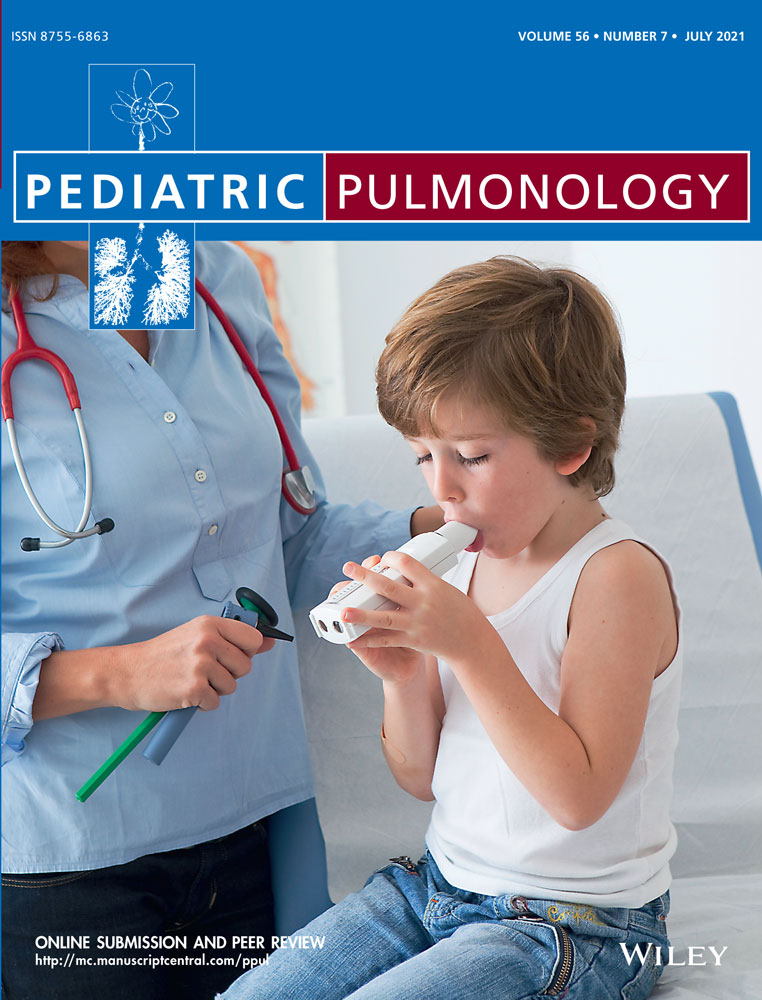Effects of the COVID-19 pandemic and lockdown on symptom control in preschool children with recurrent wheezing
Abstract
Introduction
Preschool wheezers are at high risk of recurrent attacks triggered by respiratory viruses, sometimes exacerbated by exposure to allergens and pollution. Because of the COVID-19 infection, the lockdown was introduced, but the effects on preschool wheezers are unknown. We hypothesized that there would be an improvement in outcomes during the lockdown, and these would be lost when the lockdown was eased.
Materials and Methods
Patients underwent medical visits before and after the COVID-19 lockdown. We recorded the childhood Asthma Control Test (cACT) and a clinical questionnaire. Data on symptoms, the need for medications and the use of healthcare resources were recorded. We compared these data with retrospective reports from the preceding year and prospectively acquired questionnaires after lockdown.
Results
We studied 85 preschool wheezers, mean age 4.9 years. During the lockdown, cACT score was significantly higher (median 25 vs. 23); families reported a dramatic drop in wheezing episodes (51 vs. none), significant reductions in the day and nighttime symptoms, including episodes of shortness of breath (p < .0001); the use of salbutamol and oral corticosteroids (OCS) dropped significantly (p < .0001) and 79 (95%) patients needed no OCS bursts during the lockdown. Finally, patients had significantly fewer extra medical examinations, as well as fewer Emergency Room visits (p < .0001). All were improved compared with the same time period from the previous year, but outcomes worsened significantly again after lockdown (cACT median: 22).
Conclusions
During the national lockdown, children with persistent preschool wheeze showed a significant clinical improvement with reduction of respiratory symptoms, medication use for exacerbations, and use of healthcare resources. This trend reversed when lockdown restrictions were eased.




